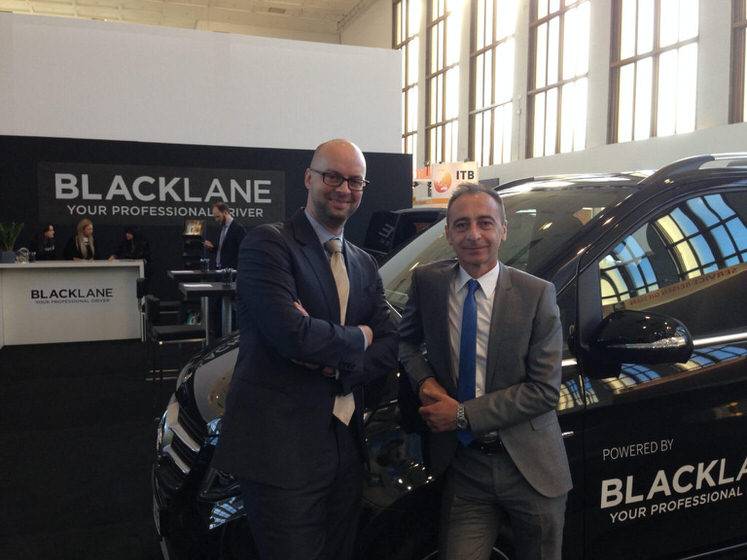Uber and Lyft, the two big mobile taxi firms in the U.S., have both mentioned a future for their services that does not include humans.
Blacklane, a German mobile chauffeur service, has a different view on the future. Speaking to Business Insider, CEO Jens Wohltorf said people still want someone else in the vehicle, and taxi drivers may be able to transition from driving to providing information, entertainment, and beverages, similar to a cabin crew on an airplane.
See Also: IBM’s Watson-powered Olli knows where you want to go
“When autonomous cars arrive, they [drivers] will have the time to concentrate on different things more often,” said Wohltorf. “There is a cabin crew in every aeroplane, right?”
It’s an interesting thought, but not one many ridesharing services are likely to entertain. Once the driver is removed, all Uber, Lyft, and other ridesharing services have to worry about is the cost of fuel, which may vastly reduce the cost of a taxi.
That being said, ridesharing apps could provide a special service for riders that don’t feel safe in a self-driving car. We suspect that option, like Uber LUX, will be much more expensive. Blacklane is more likely to keep drivers inside the cars, as it provides a chauffeur service, rather than ridesharing or ride-hailing.
“It’s not that we disagree with other companies autonomous vehicles in ride-sharing or ride-hailing,” said Blacklane communications director, Adam Parken. “It’s that in our market, we believe there will be a role for drivers [in the autonomous future.]”
Daimler could provide cars to Blacklane — but no plans yet
Blacklane is not, as far as we know, building a self-driving platform. Its largest investor Daimler—the parent company of Mercedes—could be the provider of the self-driving platform for Blacklane taxis, if it wants to integrate self-driving cars into its fleet in the future.
The mobile chauffeur is more likely to take advantage of driverless taxis by offering a human service. In the interim between semi-autonomous and fully driverless, we expect to see many of these services crop up, running on the fear people have of an autonomous system driving them around the city.
Fears of autonomy in the automotive industry are definitely real. Most people in U.S. and U.K. surveys have said they always want control of their car and don’t want driverless services to be available on the roads, despite the potential decrease in accidents on the road.


















